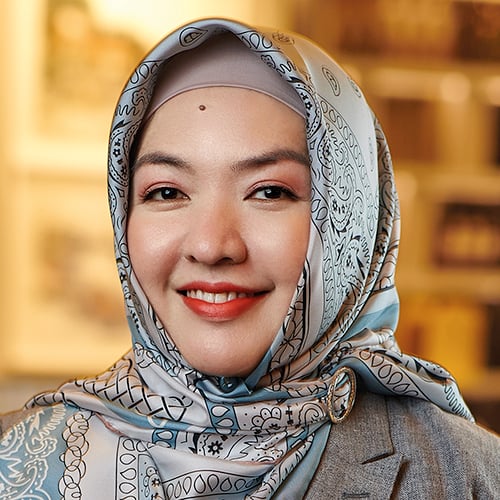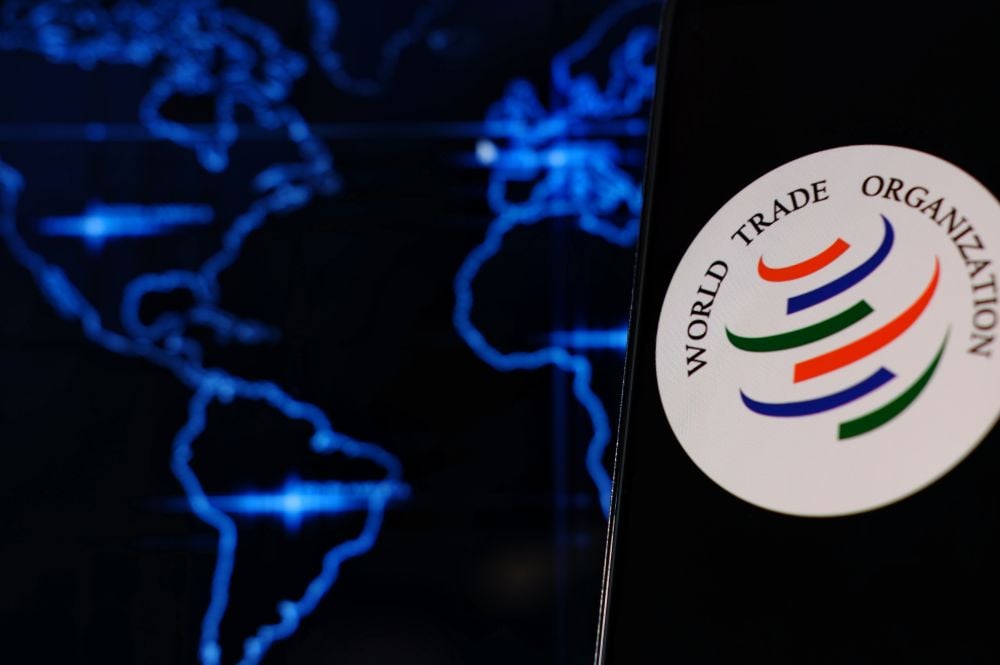Access to credit improves financial health outcomes for the majority of more than 6,500 financial services provider (FSP) customers across Southeast Asia, according to a recent report.
Nearly nine in 10, or 89%, of FSP customers in Southeast Asia say that access to credit has improved their quality of life, with 78% reporting benefiting from income increases; 76%, improved ability to face major expenses (76%); and 80%, increased confidence in themselves and their abilities, finds the Financial Inclusion in Post-Covid Southeast Asia: Accelerating Impact Beyond Access report developed by Singapore’s Centre for Impact Investing and Practices (CIIP).
Most customers also reported access to credit had improved their financial agency, with 86% noting that it improved their ability to achieve financial goals and 58% sharing that it had improved their financial decision-making abilities.
The report has contributions from 60 organizations, including industry associations, investors, FSPs and their approximately 6,500 customers across five countries including Cambodia, Indonesia, Myanmar, the Philippines, and Vietnam. It also examines issues beyond access to financial services, offering insights into the impact of access to credit on FSP customers’ business and livelihoods, quality of life and household well-being, and other financial health outcomes like resilience and agency.
Impact greater on women
Women are more positively impacted by credit access, the report finds, and they are more likely to use loans for business and household well-being purposes.
Generally, women experienced greater impact in quality of life (90% vs 85% for men), business (81% vs 69%) and the ability to face emergencies (78% vs 71%), the research shows. Additionally, 60% of women indicate an improved ability to make financial decisions, independent of their spouses, compared with 52% for men.
Women are also more likely to use loans for business purposes (78% vs 59%) and increase spending on household well-being, such as children’s education (67 vs 50%) and quality meals (63% vs 50%).
Significant untapped market
However, despite many customers reporting increased access to credit through FSPs, there remains a large, untapped market in Southeast Asia.
More than 225 million people in Southeast Asia lack bank account access and 350 million people in the region do not have access to formal credit. Additionally, the report claims, 39 million micro, small and medium enterprises face a funding gap of up to US$300 billion.
The digital divide also persists as fintechs predominantly target urban and male customers. Though some fintechs, the report indicates, are emerging with a strong rural customer focus, and traditional FSPs are more likely to reach women customers than fintechs (76% vs 57%).
However, fintechs are more likely to reach first-time borrowers (63% vs 46%), with 57% of fintech customers saying they could not find a good alternative compared with 40% for traditional FSPs.
To achieve digital equity in the region, the report suggests, more fintechs need to extend their focus to women, rural and lower-income customers, while traditional FSPs should continue to enhance their reach through digitalization. As well, for FSPs, a key opportunity lies in providing a broader range of financial and business services, in addition to credit.
Customers accessing non-credit services also demonstrate higher impact outcomes, the report points out, such as savings (74% vs 64% for those who access non-credit services vs those who do not), quality meals (60% vs 55%) and increased spending on home improvements (47% vs 41%).
While insurance and savings are popular services, those related to businesses like business development and e-commerce are particularly valuable to female, fintech and urban customers.
“Financial inclusion goes beyond access, it is about outcomes to the end customer,” shares Dawn Chan, CIIP’s CEO. “In Southeast Asia, access to credit has positively impacted customers by creating jobs, facilitating education, improving healthcare and enhancing livelihoods.”









